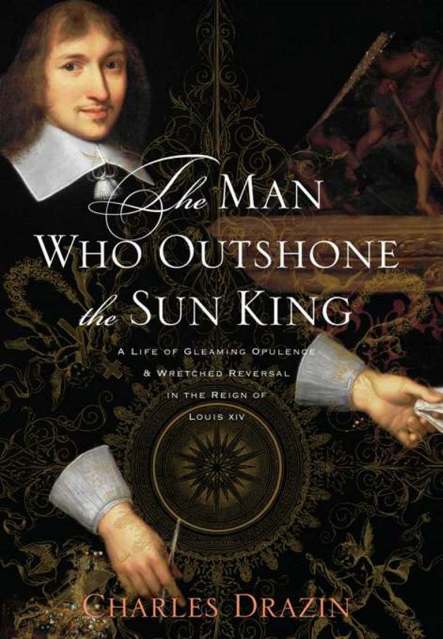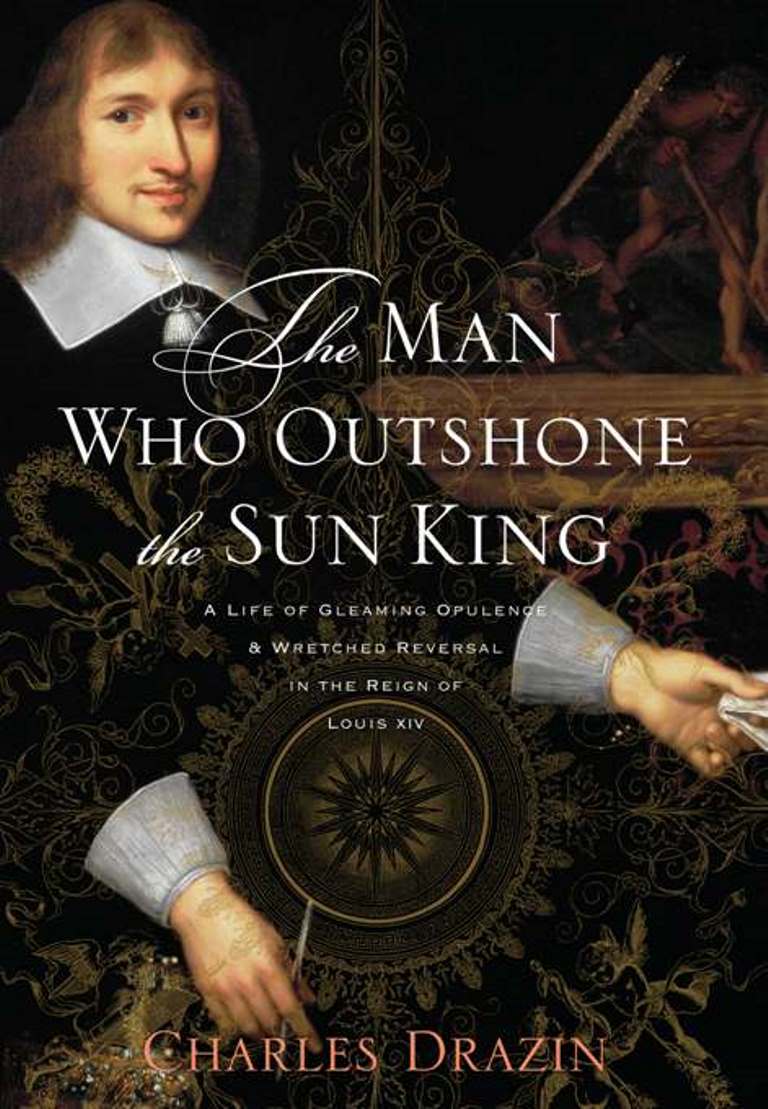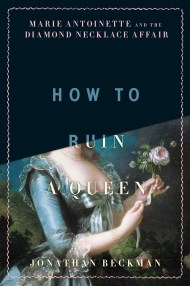Promotion
Use code MOM24 for 20% off site wide + free shipping over $45
The Man Who Outshone the Sun King
A Life of Gleaming Opulence and Wretched Reversal in the Reign of Louis XIV
Contributors
Formats and Prices
Price
$14.99Format
Format:
ebook $14.99This item is a preorder. Your payment method will be charged immediately, and the product is expected to ship on or around October 20, 2008. This date is subject to change due to shipping delays beyond our control.
Also available from:
The story of the rise and fall of Nicolas Fouquet is both compelling and unforgettable. Charles Drazin’s beautifully written and vivid account brings to life Fouquet’s remarkable gains in fortune, influence, and power, as well as the lavish and hazardous world of the royal court in seventeenth-century France.
Genre:
- On Sale
- Oct 20, 2008
- Page Count
- 352 pages
- Publisher
- Da Capo Press
- ISBN-13
- 9780786726462
Newsletter Signup
By clicking ‘Sign Up,’ I acknowledge that I have read and agree to Hachette Book Group’s Privacy Policy and Terms of Use







